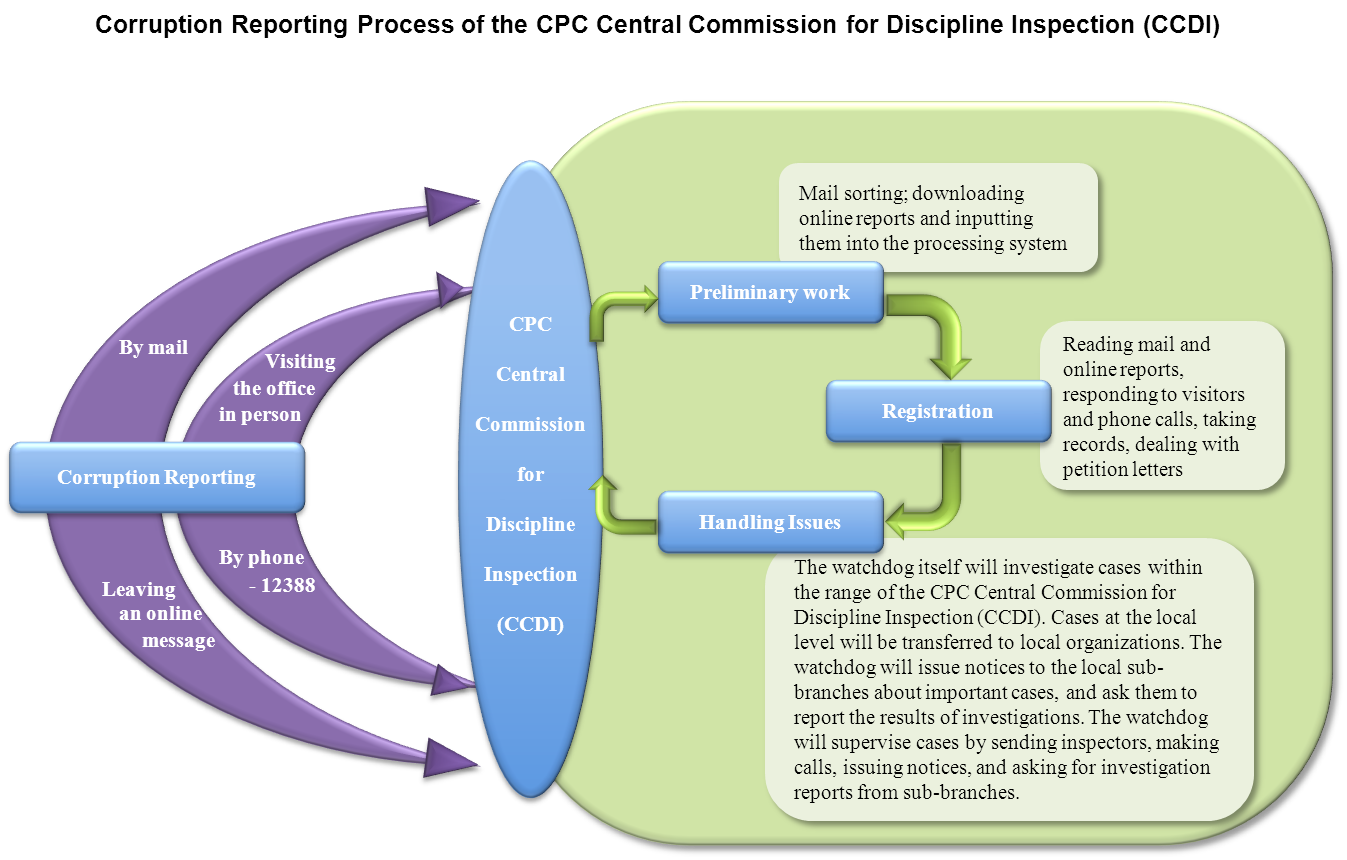China fights corruption and cleans up official behavior
- By Liu Qiang
 0 Comment(s)
0 Comment(s) Print
Print E-mail China.org.cn, January 26, 2014
E-mail China.org.cn, January 26, 2014
On Dec. 20, 2013, the State Council issued the Suggestions for Party Members and Cadres to Lead in Promoting Funeral Reform which bans Party members from holding lavish funerals. The document has been applauded by the public as luxurious funerals have long been used as a platform for officials to take bribes or show off connections.
As of the end of December 2013, 30,420 officials have been punished in 24,521 cases for violating the "eight-point" rule, according to the CCDI.
However, the Chinese public are still skeptical. Some think that the latest round of anti-graft actions may be just a one-off effort, nothing but scratching the surface. In fact, the deeper concern behind the sweeping anti-graft campaign is whether the reform-minded leadership could establish better institutions to "put power in a cage", or improve supervision.
The CCDI did not stop short in this area either. On Sept. 2, 2013, it launched a whistleblowing platform, www.ccdi.gov.cn, as one of the moves to improve its work style and boost transparency.
|
|
The website is a channel for registered and anonymous tip-offs. It played a significant role in the fight against corruption in 2013, and has rekindled the people's faith in rooting out corruption.
Wang Qishan, head of the CCDI, pointed out at the launch ceremony that "the website should act as a bridge between the people and the anti-graft agencies…. It should smooth communication and interaction with the people to allow them to play more of a role in social supervision."
Meanwhile, the CPC has set out to design and build an "institutional cage." On Nov. 25, 2013, the central government issued the Regulations on Combating Waste and Strictly Enforcing Thrift among Party and Government Organs. It is aimed at standardizing fund management and banning abusive spending in areas such as receptions, meetings, offices and vehicles. The document urges transparency in government spending and information disclosure of the use of funds, assets and public resources.
Just one month later, the CPC unveiled the Five Year (2013-2017) Plan on Building and Improving the System to Punish and Prevent Corruption, which signals that the CPC is turning to top-level design in fighting corruption. The plan said that "official misconduct and corruption, if not handled properly, may threaten the survival of the Party".
"The Plan signals the Party's resolution to fight corruption over the next five years. It focuses on solving problems both on the surface and at the root," said Ma Huaide, vice president of China University of Political Science and Law.
Although the CCDI's efforts to crack down on corruption in 2013 were unprecedented, the anti- prospects are still daunting. The corruption comes in many forms, and is sheltered by loopholes and weaknesses inherent in China's current supervision structure. It is often secretive, and collective corruption within organizations is often claimed to be in the "public good." It is also difficult to monitor third party agents. Another challenge is the moral degradation among many officials, which is preventing the cultivation of a zero-tolerance attitude toward corruption.
However, despite all the difficulties, the Party remains resolute. President Xi summed up this attitude when addressing the CCDI's third plenary session on Jan. 13, 2014. "We should continue the fight until the end with the same resolution and courage as in curing illness with drastic medicine or cutting off a snake-bitten wrist to save a life," he said.






